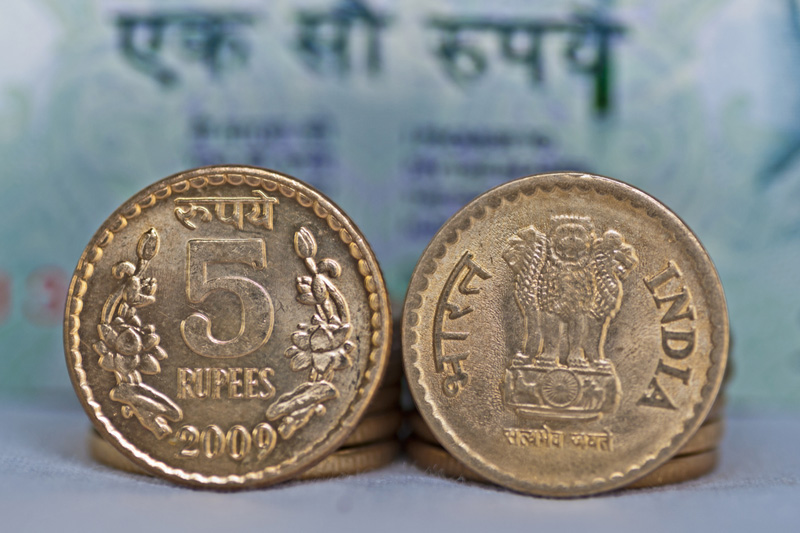Trump/Putin summit, UnitedHealth and Japan’s GDP - what’s moving markets
Investing.com - Bank of America reports that China’s foreign exchange reserves have experienced a slight decline of $2.56 billion this year after adjusting for valuation effects, despite the country maintaining a record high annual trade surplus of $1.2 trillion.
The analysis reveals significant divergence in Asian foreign exchange reserve trends, with India, Thailand, and Singapore showing the largest increases of $22 billion, $18.2 billion, and $15.6 billion respectively after accounting for foreign exchange valuation effects.
In contrast, South Korea, Indonesia, Hong Kong, and the Philippines have experienced modest drawdowns in their foreign exchange reserves, with reductions of $15.3 billion, $8 billion, $7.4 billion, and $5.9 billion respectively in 2023.
Forward book positions demonstrate notable shifts, with Indonesia and India recording year-to-date increases of $20.96 billion and $13.9 billion as they work to reverse negative forward book positions from earlier in the year.
Higher frequency weekly data indicates India has been net selling USD into late July to smooth dollar strength, while Thailand has been net buying USD into August to moderate excessive baht strength, highlighting different currency management approaches among Asian central banks.
This article was generated with the support of AI and reviewed by an editor. For more information see our T&C.
